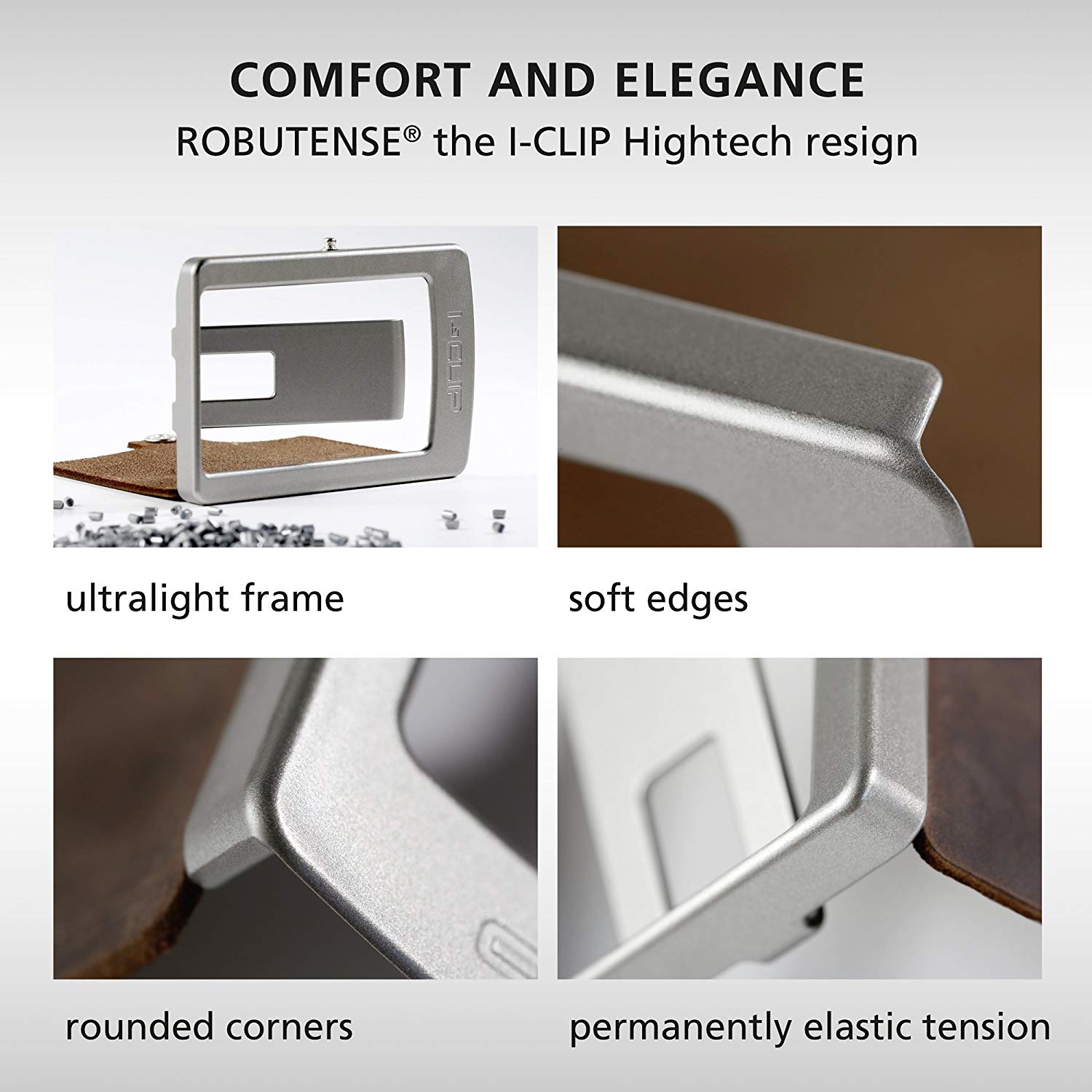
An increase in the tricuspid valve mean gradient ≥ 5 mm Hg was observed in four patients. There was one major adverse cardiovascular event, a case of new-onset renal failure, at 30 days. There were also significant improvements in quality of life. Subsequently, there were significant improvements in NYHA functional class, with more than 80% of patients in NYHA functional class I/II at 30 days. There was a reduction in tricuspid annular diameters and an improvement in cardiac output. In terms of echocardiographic findings, percutaneous treatment with the TriClip reduced regurgitant volume and tricuspid annular diameters and improved the mean tricuspid valve gradient. In total, 4% of patients had no tricuspid regurgitation, 39% had severe or massive regurgitation, and 5% had torrential regurgitation. At 30 days, 25% had tricuspid regurgitation considered moderate and 28% had regurgitation considered mild. At baseline, 94% of patients had severe or greater tricuspid regurgitation, including 37% with torrential regurgitation. “The implant success rate and the acute device success rate in this very early study of this very novel treatment was 100%, meaning we were able to place the clip where we wanted to place the clip in every patient,” Nickenig said.Īt 30 days, 86.6% of patients had at least a one-grade improvement in tricuspid regurgitation, with the study meeting the primary effectiveness endpoint. In total, 20.0%, 47.1%, 28.2%, and 4.7% were treated with one, two, three, and four clips, respectively. The majority of clips were placed in the anterior-septal commissure, which makes anatomic sense since the lateral wall typically pulls the leaflets apart, said Nickenig. If it is a primary, isolated tricuspid regurgitation, the risk is lower, surgery is not a good option in types of patients.”Īll devices were successfully implanted and the average time for implantation was 75 minutes. “They already had procedures, such as CABG or mitral valve repair, and in these redo patients open-heart surgery for tricuspid regurgitation is associated with very high mortality risks, as high as 20%. “Most of these patients would have been ‘redo’ patients,” Nickenig told TCTMD. Nickenig noted the patients were “pretty sick,” with significantly impaired right ventricular end-diastolic dimensions, but preserved left ventricular ejection fraction. The average age of patients was 78 years, 33% had a prior intervention on the mitral valve, and 75% had NYHA class III/IV heart failure. In total, 85 patients with moderate or greater tricuspid regurgitation and no indication for left-sided/pulmonary valve correction were included in the study. The prospective, single-arm study was conducted at 21 sites in the United States and Europe and employed a team of heart failure specialists, echocardiographers, interventional cardiologists, and cardiac surgeons to assess patients for eligibility. High-risk Patients with Previous Procedures

Of course, we would have loved to use the XTR clip in these patients with huge coaptation defects in the tricuspid space.”

Of note, it’s important to emphasize we had to use the smaller clip in this trial.

“ has some additional features, in bending and guiding the catheter. “It’s more or less the same,” said Nickenig, referring to the MitraClip. TRILUMINATE tested the TriClip, a transcatheter tricuspid valve repair system which is a modification of the percutaneous MitraClip NT device (both Abbott) used for mitral valve repair. We have diuretics and we have a high-risk surgical approach.” We don’t have very many therapeutic options available. “Tricuspid regurgitation is a very prevalent disease, as prevalent as mitral valve disease some people have estimated, and it’s associated with a pretty poor outcome. “The tricuspid valve is a forgotten valve, if you will,” said Nickenig.

Lead investigator Georg Nickenig, MD (University Hospital Bonn, Germany), who presented the results at EuroPCR 2019, said the findings from this early feasibility study-specifically the improvement in heart failure symptoms and quality of life-suggest the procedure is “clinically effective.” Edge-to-edge repair may be a “promising treatment option, obviously to be tested in larger, randomized studies with hard clinical endpoints” for patients with symptomatic severe tricuspid regurgitation. PARIS, France-Percutaneous edge-to-edge repair with a clip device appears to offer some hope for patients with tricuspid regurgitation, according to new results from the TRILUMINATE study.Īt 30 days, clip-based transcatheter tricuspid valve repair significantly reduced tricuspid regurgitation by at least one grade in the vast majority of patients and led to significant improvements in quality of life and NYHA functional class.


 0 kommentar(er)
0 kommentar(er)
